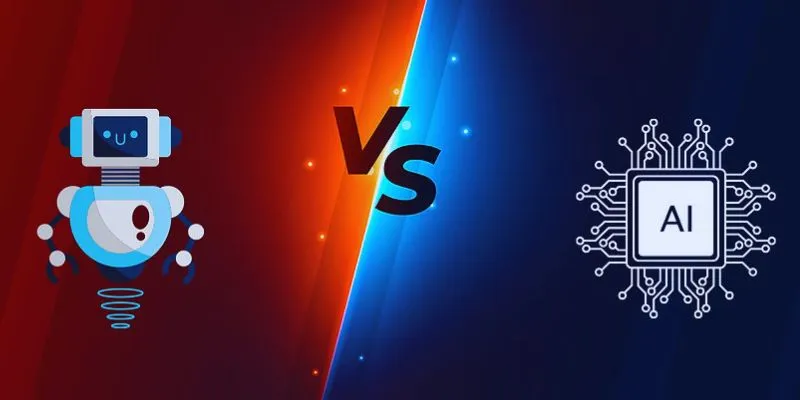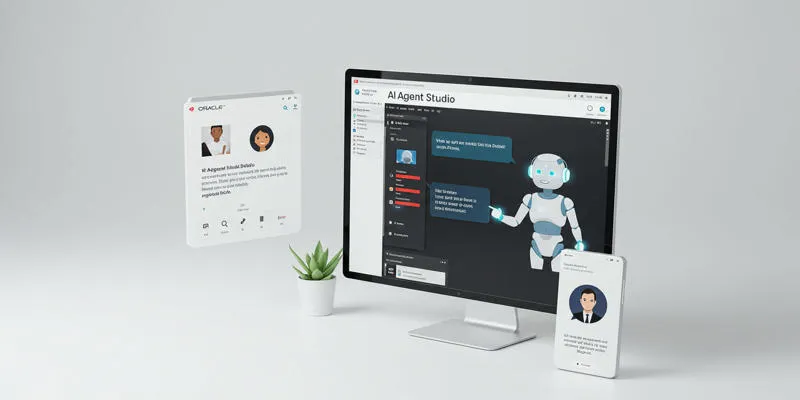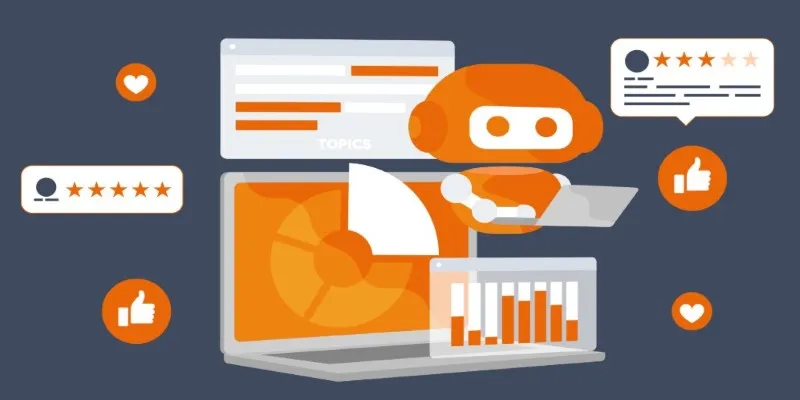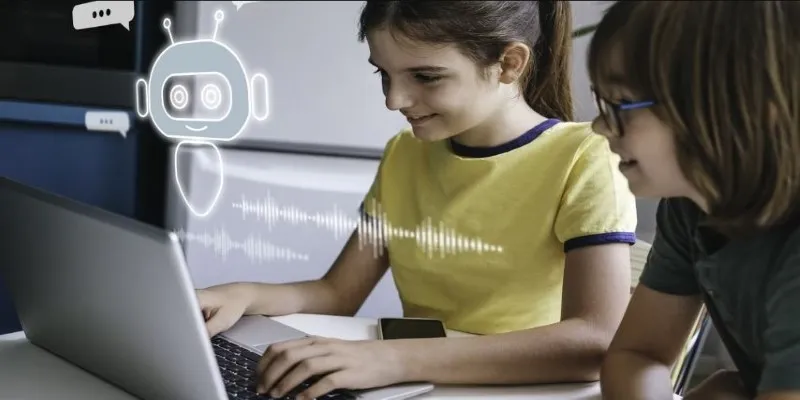Having a virtual friend or a social robot as a companion isn’t unusual anymore because you live in a world where technology is integral to almost everything you do. AI companions, once merely digital assistants, are now evolving into emotional supporters, friendly listeners, and even close friends for many people worldwide.
These smart systems are transforming how you communicate, interact, and even cope with loneliness. They range from simple smartphone apps to robots capable of realistic facial expressions. Let’s delve deeper into how they’re reshaping our daily lives and relationships.
What Are AI Companions?
AI companions are intelligent machines designed to build relationships with people. They are developed using artificial intelligence to simulate human conversations and reactions. Their primary goal is to interact, support, and foster a sense of connection with users.
Some are purely software-based, like chatbots on your phone, while others are physical robots that can move, express emotions, and respond to voice commands. Despite the differences, they all share the ability to engage in meaningful, ongoing interactions.
Types of AI Companions
There are two major types of AI companions that people interact with today:
- Social Robots : Physical robots like Pepper, Buddy, or Lovot. They are designed to interact with humans, often featuring expressive faces or voices. Many are used in homes, hospitals, or customer service environments.
- Virtual Friends : These are digital companions found in apps, games, or websites. They may appear as cartoon-like characters, chatbots, or avatars and are designed to chat, offer advice, and provide companionship.
Both types aim to form an emotional bond with users, offering a sense of presence and interaction that feels personal.
Why Are AI Companions Becoming So Popular?

In an increasingly fast-paced and sometimes isolating world, many people are turning to AI companions to fill emotional voids. Whether dealing with loneliness, anxiety, or simply needing someone to talk to, AI friends are always available, understanding, and non-judgmental.
Here are some key reasons why more people are connecting with AI companions:
- Always There for You – AI companions are available 24/7, eliminating concerns about time zones or schedules.
- No Social Pressure – Interacting with AI comes without the fear of judgment or misunderstanding.
- Daily Support – From reminders to drink water to kind words of encouragement, they’re akin to having a caring friend around.
- Mental Wellness Aid – Some AI friends are equipped with emotional intelligence and offer tools like mood tracking or relaxation exercises.
These companions are especially beneficial for people who live alone, face social anxiety, or seek extra support in their daily lives.
Real-Life AI Companions and Their Roles
Several AI companions have already gained recognition worldwide. Here are a few notable examples demonstrating how these tools are used in real life:
- Replika : A chatbot that engages in conversation, remembers past interactions, and learns your personality. Users often describe it as comforting and helpful during challenging times.
- Woebot : Designed with mental health in mind, Woebot helps users understand their emotions through casual and friendly conversations.
- Pepper : A social robot that recognizes facial expressions and voice tones. It’s utilized in businesses, homes, and elderly care facilities.
These AI companions are designed to evolve. The more you interact with them, the more they learn and improve at being your virtual friend.
How AI Companions Are Shaping Friendships
AI companions are significantly impacting how you understand and experience friendship. While they aren’t real people, these companions often feel very real to the users who engage with them.
Positive Social Benefits
- Emotional Support – Users often turn to AI companions when feeling down or anxious.
- Daily Company – For those who live alone or work from home for extended hours, an AI friend can break the silence.
- Confidence Building – Some people use AI friends to practice speaking or sharing feelings, making real-life conversations easier.
One line break here before you move to the next subheading.
Limitations and Concerns
- Lack of Real Emotion – AI doesn’t experience emotions like humans. It can respond kindly, but it doesn’t truly “care” in the same way.
- Dependency Risks – Some users may become overly reliant on their AI friends and avoid real-life relationships.
- Privacy Issues – AI companions often store data about your conversations, raising questions about data security.
AI friends can offer comfort, but they’re best used alongside human relationships—not as a replacement.
Daily Uses of AI Companions

You might be surprised at how useful AI companions can be in everyday life. People use them for more than just chatting. Here are some examples:
- Morning Motivation – Some AI apps greet you in the morning with positive messages or reminders for the day.
- Mental Health Check-ins – AI companions can inquire about your mood and suggest breathing exercises or affirmations.
- Language Learning – Practicing a new language becomes easier when you converse with an AI fluent in it.
- Companionship for the Elderly – Social robots help elderly users feel less lonely and more engaged, especially if family isn’t nearby.
- Parenting Support – Some virtual friends interact with children, helping them learn empathy, routines, or bedtime stories.
Because they never tire or become frustrated, AI companions can be consistent, calm, and available whenever you need them.
Conclusion
AI companions, whether social robots or virtual friends, are reshaping how you view relationships. They offer comfort, connection, and a sense of friendship, especially for those who might otherwise feel alone. While they don’t replace real human bonds, these digital partners can enhance well-being, support mental health, and add a little joy to everyday routines.
 zfn9
zfn9























